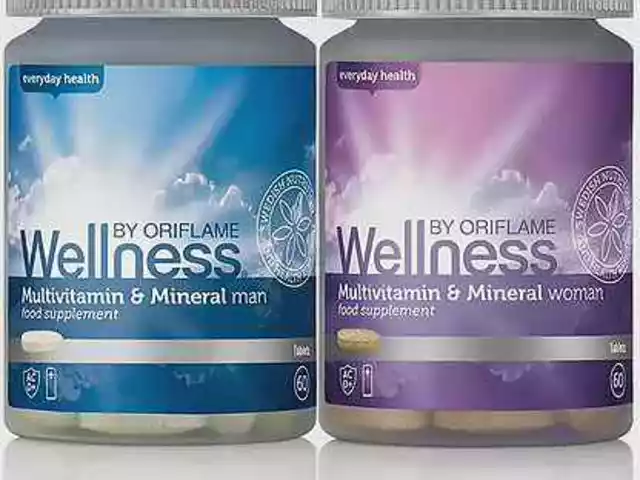Omega-3: Practical Guide to Benefits, Dosage, and Supplements
Want to know whether omega-3 is worth taking? You’re in the right place. Omega-3 fats — mainly EPA and DHA — support heart, brain, and joint health. They lower triglycerides, help reduce inflammation, and play a role in fetal brain development. Food first: oily fish like salmon, mackerel, sardines, and herring are the best sources. If you don’t eat fish, flaxseed and walnuts provide ALA, a plant form that the body converts to EPA and DHA slowly and inefficiently.
How much should you take? For general health, aim for about 250–1000 mg of combined EPA and DHA daily. For high triglycerides, doctors often recommend 2–4 grams per day under medical supervision — that’s prescription-strength fish oil. Pregnant people are usually advised to get at least 200–300 mg of DHA daily for fetal brain support. Always check with your clinician before starting high doses.
Choosing a supplement
Look at the label for EPA and DHA amounts, not just total fish oil. Prefer products tested by third parties like USP, NSF, or IFOS. Avoid supplements that smell very fishy; that can mean oxidation. If you’re vegan, choose algal oil — it delivers DHA and sometimes EPA without fish. Consider the form: triglyceride and re-esterified triglyceride forms absorb better than cheaper ethyl esters.
Safety and interactions
Omega-3s are safe for most people but can interact with blood-thinning drugs and increase bleeding risk at high doses. If you take warfarin, aspirin, or other anticoagulants, consult your doctor before raising omega-3 intake. Side effects are usually mild: fishy aftertaste, loose stools, or nausea. If you have seafood allergies, pick algae-based products. Store capsules in a cool, dark place or the refrigerator to slow rancidity.
Want real results? Track what you eat and your lab numbers. Triglycerides often drop within weeks on higher doses. Mood and joint benefits may take longer and vary by person. If you switch to a supplement, compare labels to keep your EPA and DHA intake steady.
Bottom line: omega-3s offer clear benefits for heart and brain health when used right. Favor food sources first, choose supplements with clear EPA/DHA info and third-party testing, and talk to your provider if you’re on blood thinners or considering high-dose therapy. For vegans, algal oil is an effective option. Small daily changes can add up to big health wins over time.
Try to get EPA and DHA from foods twice a week and use supplements. A simple habit is to take capsules with a meal that has some fat — it helps absorption. Check the supplement facts: if one capsule lists 300 mg EPA and 200 mg DHA, two capsules give 1,000 mg total. Watch expiration dates and keep bottles sealed. Parents: children need lower doses — ask your pediatrician. People with chronic inflammation or mood issues should discuss omega-3 as an adjunct, not a replacement. If you want a measure, ask your doctor about an omega-3 index blood test; clinicians aim for an 8% index regularly.
Calanus Oil: Unlock Its Power for Truly Better Health
Curious about a new supplement that could level up your health game? Calanus oil is making a splash for its unique mix of omega-3s and nutrients you won’t find in fish or krill oil. This article explores where it comes from, how it works in your body, and why it might be a smart choice even for picky eaters (like my son Silas). I’ll break down science in everyday words so you actually know what you’re taking and why it matters. Plus, I’ll share real tips for making Calanus oil part of your daily routine.
About
Nutrition and Supplements
Latest Posts


Unlock the Power of Jojoba: The Ultimate Dietary Supplement for Health and Wellness
By Marcel Kornblum May 27, 2023

The Use of Fusidic Acid in the Management of Cutaneous Leishmaniasis
By Marcel Kornblum May 21, 2023

Congressional Bills to Tackle Drug Shortages: What’s Really in the Works
By Marcel Kornblum Nov 23, 2025

